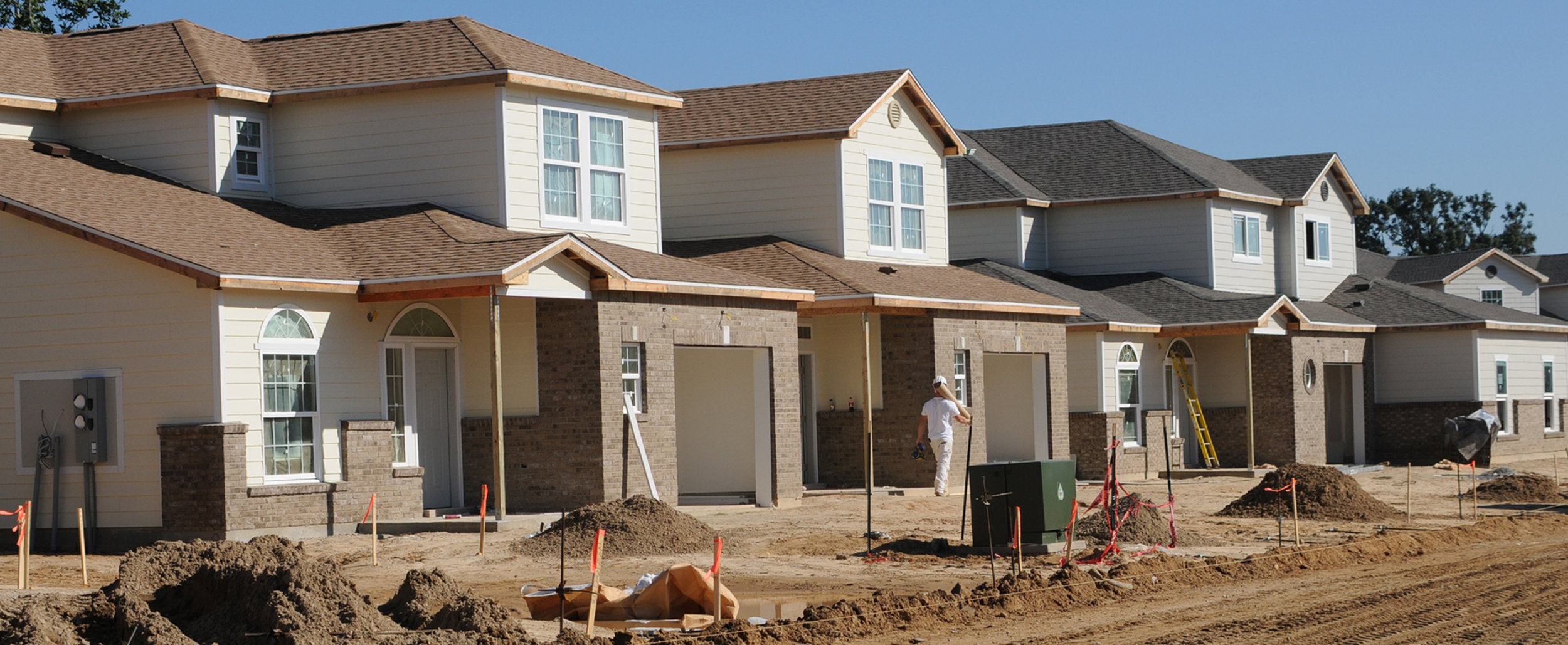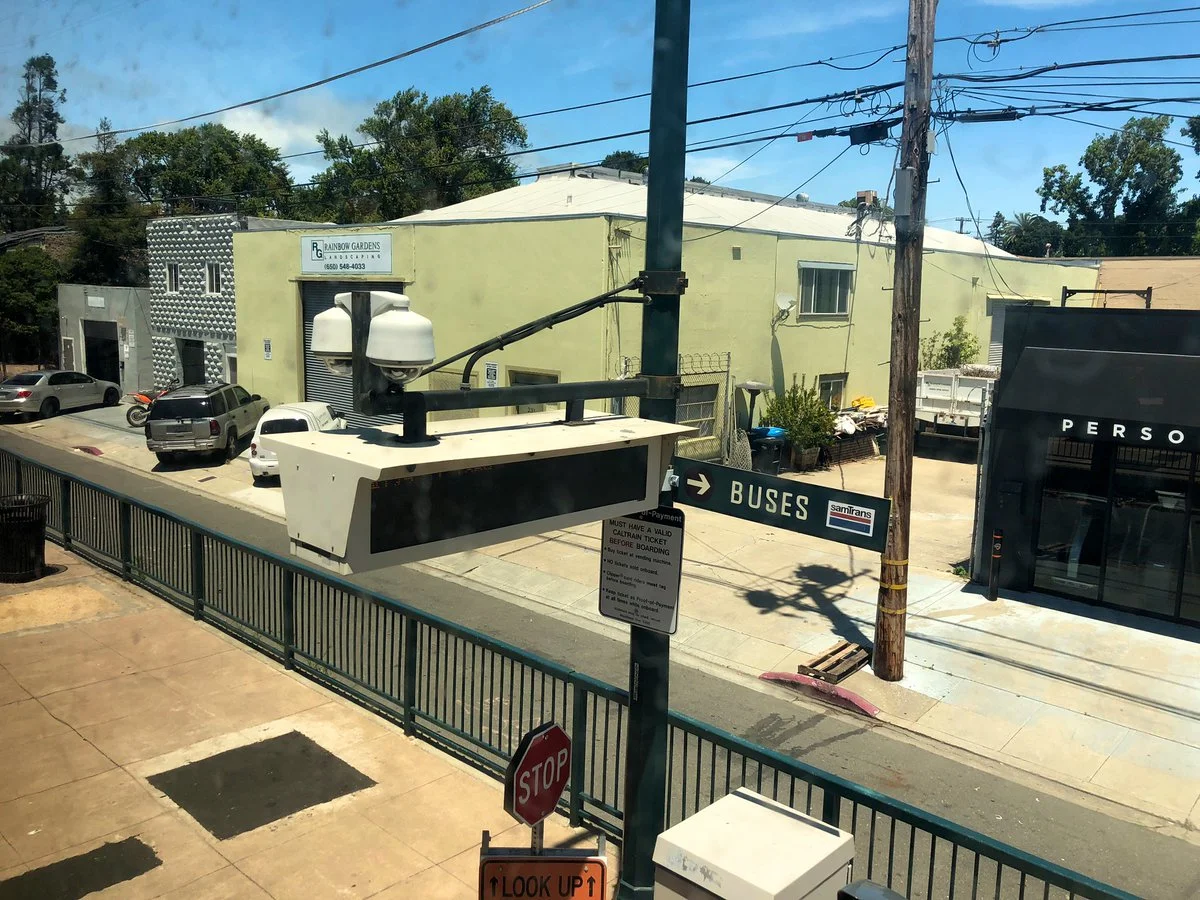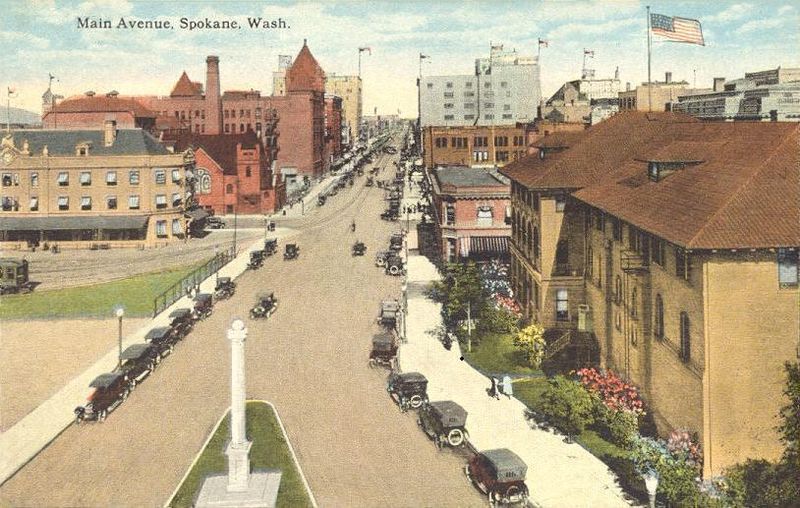The way we grow our cities today produces a few winners and many losers. Here's how to get back to places that serve all of us.
Read MoreIf you’re nostalgic for the past, give it up. We’re not going back. We must start with what has been given us and figure out what to do with it.
Read MoreWe want to dismiss Detroit as an anomaly. But in fact Detroit is a glimpse into the future for nearly every American city and town. Increasingly fragile from auto-centric development, for Detroit—and for the rest of us—it was only a matter of time.
Read MoreDeeply held beliefs, supported by flawed assumptions, blind us to realities and facts. The supposed wealth and prosperity generated by cut-through urban highways was always an illusion—but who will dare to point out the obvious truth?
Read MoreMost local housing markets in the U.S. are oligopolies: new construction is dominated overwhelmingly by only a few developers. How did we get here, and why is it this bad news for housing affordability, as well as for our cities’ financial strength and resilience?
Read MoreWe chose Memphis to kick off the Strong America Tour for a reason: the city is both an object lesson in what has gone wrong in American cities, and what could go right. And Memphis’s example helps us see why in places that are going to experience a renaissance, it’s going to come from the grassroots.
Read MoreCommuter rail stations in the San Francisco Bay Area should be some of the most valuable land in the region (and by extension, the world). So why are there so many parking lots and one-story buildings right next to them?
Read MoreCities evolve like ecological systems—a neighborhood, like a forest, has a life cycle. The fundamental question of planning needs to shift from “Should our neighborhoods change?” to “How should our neighborhoods change?”
Read MoreGiorgio Angelini’s documentary Owned chronicles the commoditization of homeownership in the U.S. and its fallout—both for those who were left out, and for those who were sold promises that we’re now struggling to fulfill.
Read MoreHow much road does your city have—and how much does it actually have the money to maintain? We compare “calories in” to “calories out” before we binge on ice cream; what if we took the same approach to our infrastructure budgets? One city did, and here’s what they found out.
Read MoreMany of the most pressing problems we face can only be addressed if we know when to think about them locally, and when to think about them regionally.
Read MoreThe New York Times has released an interactive map of (nearly) every building in America. What can we learn from it about America’s suburban experiment, through the marks it has left on the landscape?
Read MoreYou can’t build stroads, subsidize big box stores and accept endless edge development, and have that work out for you just because you threw a block party, painted a mural and put in a temporary bike lane.
Read MoreIf your growth strategy only works as long as wealthy people live in your town, your growth strategy is deeply fragile.
Read MoreStrong Towns is prominently featured in a new documentary about suburbanization and mass homeownership in America. Owned, directed by Giorgio Angelini, explores the human consequences of America's suburban experiment.
Read MoreThe history of Spokane, Washington is a microcosm of what American cities as a whole have experienced. Spokane has lessons to teach us, including the power of incremental (but rapid) growth.
Read MoreCobb County, Georgia, has long been all-in on debt-fueled, unsustainable growth, and faces a tough road ahead as poverty grows and its ability to provide services declines. What are some rational responses to this predicament?
Read MoreHomeownership is supposed to be the path to wealth and a comfortable retirement, but for millions of Americans, it never was. One central reason is that we’ve embraced a development pattern in which new places cannibalize the wealth of old places.
Read MoreLet’s stop assuming the motives of individuals, especially when there are other, perfectly rational, universal explanations for why someone would do something we don’t agree with.
Read More


















